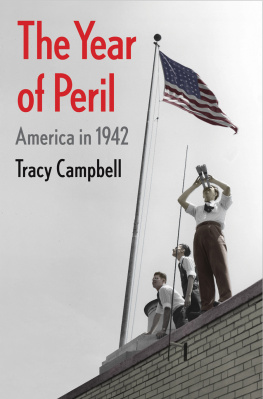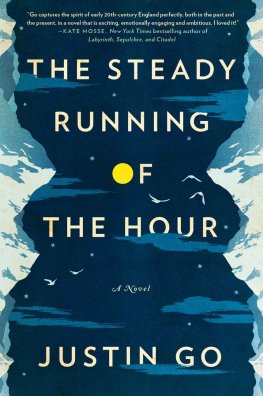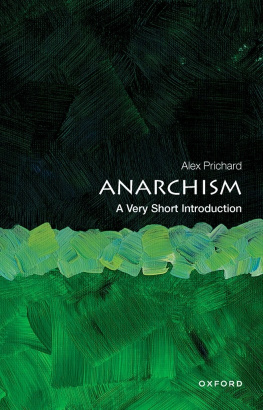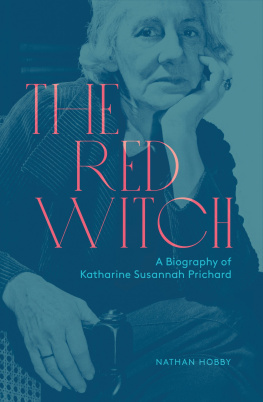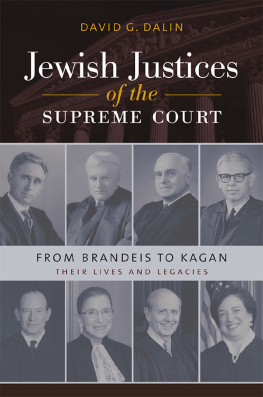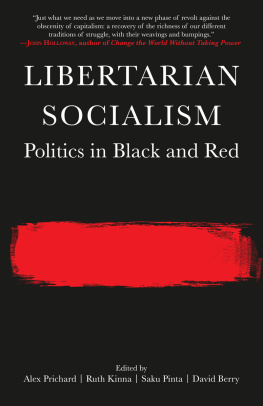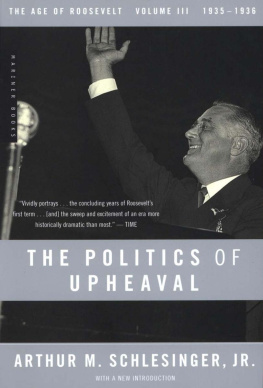Short OF
THE Glory
The Fall and Redemption
of E DWARD F. P RICHARD Jr.
Tracy Campbell
T HE U NIVERSITY P RESS OF K ENTUCKY
Publication of this volume was made possible in part by a grant from the National Endowment for the Humanities.
Copyright 1998 by The University Press of Kentucky
Paperback edition 2004
The University Press of Kentucky
Scholarly publisher for the Commonwealth, serving Bellarmine University, Berea College,
Centre College of Kentucky, Eastern Kentucky University, The Filson Historical Society,
Georgetown College, Kentucky Historical Society, Kentucky State University,
Morehead State University, Murray State University, Northern Kentucky University,
Transylvania University, University of Kentucky, University of Louisville,
and Western Kentucky University.
All rights reserved.
Editorial and Sales Offices: The University Press of Kentucky
663 South Limestone Street, Lexington, Kentucky 40508-4008
www.kentuckypress.com
08 07 06 05 04 5 4 3 2 1
The Library of Congress has cataloged the hardcover edition as follows:
Campbell, Tracy, 1962
Short of the glory : the fall and redemption of Edward F. Prichard, Jr. / Tracy Campbell,
p. cm.
Includes bibliographical references and index.
ISBN 0-8131-2073-X (alk. paper)
1. Prichard. E.F. (Edward Fretwell) 2. PoliticiansUnited StatesBiography. 3. United StatesPolitics and government19331945. 4. United StatesPolitics and government1945-1953. 5. Political corruption-United StatesHistory20th century. 6. KentuckyPolitics and government19517. Educational change KentuckyHistory20th century. I. Title
E748.P88C36 1998
973.9 092dc21
[B] 98-29859
Paper ISBN 0-8131-9096-7
This book is printed on acid-free recycled paper meeting the requirements of the American National Standard for Permanence in Paper for Printed Library Materials.
Manufactured in the United States of America.
T O L ESLIE AND A LEX
Acknowledgments
IN the course of writing this book, I have received support and encouragement from a host of wonderful people and organizations. Faculty enrichment and renewal grants from Mars Hill College were indispensable in beginning and finishing the research. The Mellon Foundation provided a fellowship for 1994-95 and an additional summer fellowship that allowed me to devote an entire year to research and writing. The Bingham Foundation, through a James Still Fellowship, provided much-needed research funds. I wish to especially thank Dorothy Graddy and the staff of the Faculty Scholars Program at the University of Kentucky for helping make my stay there so productive. A grant from the Kentucky Oral History Commission made the transcriptions of my oral history interviews possible. I also am indebted to Earl Leininger, Dean of Mars Hill College, and my colleagues in the history department for their support. While other members of the Prichard family declined to discuss this project in any way, Henry Prichard was open and generous.
Terry Birdwhistell, James Klotter, Jim Lenburg, and Don Ritchie each read various drafts of the manuscript. I thank them for challenging me to dig deeper into the complex persona of Ed Prichard. Any remaining errors or weaknesses, of course, are mine and mine alone. I am indebted to the staff of the University Press of Kentucky for supporting me from the very beginning of this project. This book, it must be noted, could not have been undertaken without the work of Terry Birdwhistell at the University of Kentucky library. Terry conducted numerous interviews in the 1980s with dozens of Prichards contemporaries, all in case someone should decide to do a Prichard biography. Those interviews now comprise the Prichard Oral History Project. Terrys good humor and constant encouragement made the process of researching Prichards life a much easier task. My thanks also to Jeff Suchanek and other members of the oral history project at the University of Kentucky library for expediting the transcription of my interviews.
I am grateful to the crucial assistance provided by the staffs of numerous archives and libraries throughout the country: the Library of Congress; the National Archives; the King Library, University of Kentucky; Eastern Kentucky University; the Pogue Library, Murray State University; the Southern Historical Collection, University of North Carolina at Chapel Hill; the Columbia University Oral History Collection; the staffs of the Roosevelt, Johnson, Kennedy, and Truman presidential libraries; the Harvard Law School Archives; the Wisconsin State Historical Society; Mars Hill College; the Lexington Herald-Leader; the Louisville Courier-Journal library; and the Filson Club Library. My thanks as well to the Princeton University Alumni Records Office. John Dawahare located tapes of various Prichard television appearances housed at Kentucky Educational Television. I am also grateful to Professor Athan Theoharis of Marquette University for his advice on conducting research within the FBI.
Philip Ardery of Louisville generously allowed me to examine his own FBI records pertaining to the vote fraud investigation. William Stone also provided some private documents, including Prichards FBI file, that proved very helpful. Judge Sara Combs opened up her home to me on two occasions to study her collection of Gov. Bert Combss papers. The late Mary Bingham granted me permission to examine her familys papers at the Filson Club. Katharine Graham graciously allowed me to peruse her private papers, and the papers belonging to her late husband, at her home in Georgetown. I also wish to thank Evelyn Small, Mrs. Grahams researcher, for taking time to help me with the Graham papers.
As before, my wife, Leslie, made writing this book a joy. She patiently tolerated the persistent presence of a certain Kentuckian in our household and kindly listened to endless stories about our sometimes overbearing boarder. She and our son, Alex, made it all worthwhile. It is to them that this book is lovingly dedicated.
Introduction: A Christmas Funeral
THE holiday season of 1984 was a painful one for the friends and family of Ed Prichard. Since Thanksgiving, he had been in a Lexington, Kentucky, hospital and had twice undergone major surgery. His doctors were increasingly pessimistic of his chances for survival. The end finally came on December 23. Then, two days after Christmas, they gathered at Christ Church Episcopal in Lexington to pay their final respects. Some of those present were relieved that the physical suffering Prichard had endured for years was now over. Others came to acknowledge a legacy of considerable achievement. Still others simply wanted to say farewell to a beloved friend. But through it all, there was the unspoken but heartfelt sadness of what might have been.
They came to honor a complex and tragically ironic man. Though he possessed a photographic memory and had graduated from the Harvard Law School and clerked at the U.S. Supreme Court, Ed Prichard had only recently earned a significant living as a practicing attorney. Though known as a political prodigy who had held a series of significant posts within the Roosevelt and Truman administrations, he had never held any elective office. Despite that, for days following his death, major national newspapers ran lengthy obituaries of the former FDR Brain Truster. The


